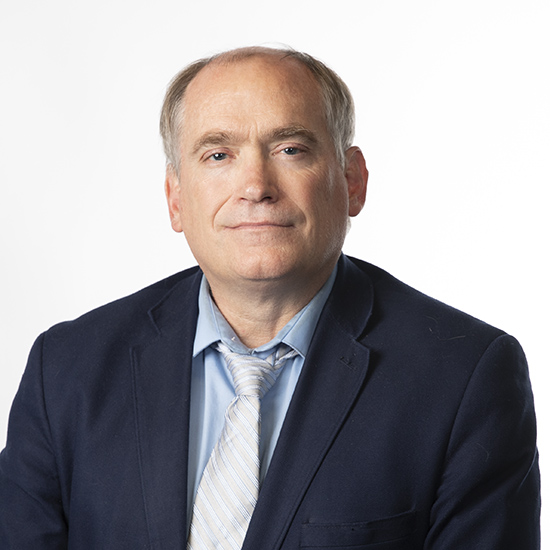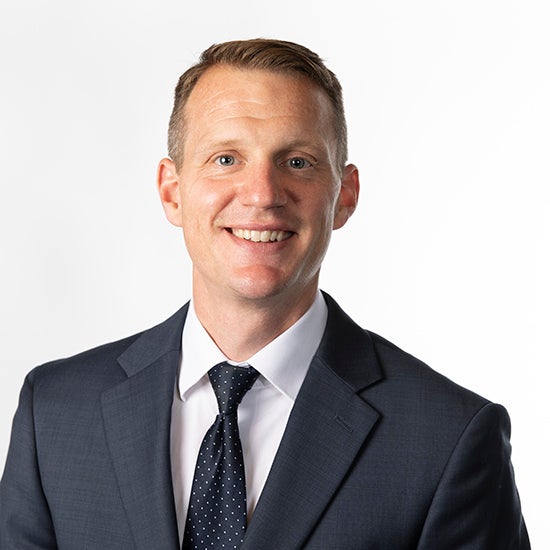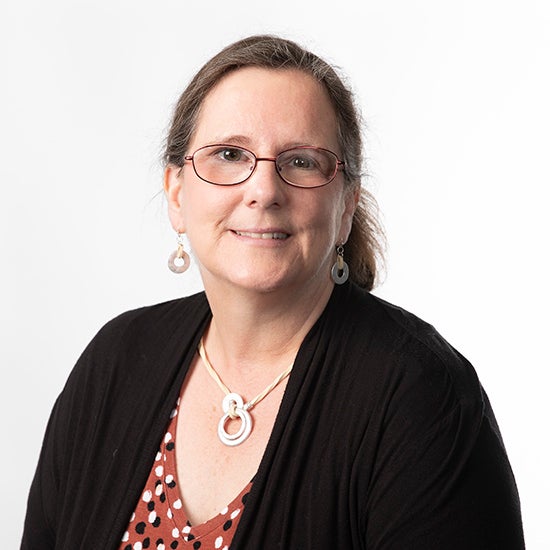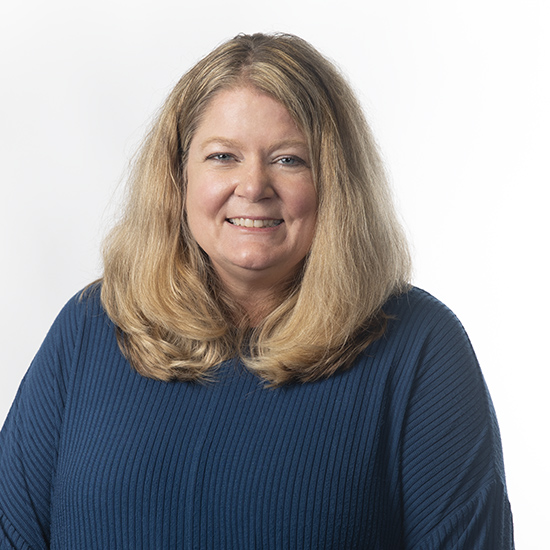Program Overview
Cultivate future generations’ minds with strong values
The mathematics department at Lipscomb University prepares you to be an excellent teacher who is both mathematically sound and pedagogically proficient. We work closely with Lipscomb’s nationally ranked College of Education to ensure you are trained and up-to-date in the latest educational standards and trends.
We make sure that you learn the in's and out's of the mathematics involved and not just the procedure; this way you will know how to answer future questions students may have, such as “Why do we need to know this math?” Courses include a variety of topics from History of Mathematics to Cultural Perspectives and Calculus. There are also extra hours of foreign language required to make a B.A. for a highly marketable degree, due to the diversity of Davidson County and the surrounding areas. Our students are getting job offers before finishing the program because of its comprehensive curriculum.
Faculty in the Math department care about their students; our students are family to us. We try our best to make every student feel at home in our department: a home away from home. This is reinforced with teaching in a Christ-centered environment; the world needs more Christ-centered teachers, especially in this culture.
How to Become a Math Teacher
Interested in becoming a math teacher? Earn your Math Education degree and gain real classroom experience. Visit our How to Become a Teacher page to learn more about the steps and requirements to earn your teaching degree and certificate.
Noyce Scholars
Are you interested in being a middle school or high school teacher? The Lipscomb Noyce Scholars Program is a scholarship and outreach program that encourages and supports talented STEM majors to become 6th-12th grade math and science teachers. The goal of this program is to develop highly qualified STEM teachers who are committed to teaching in high-need school districts.
Courses
Students pursuing a math education degree will take 127 credit hours of required coursework which includes:
- ED 2313
- Schooling in America MA 1141
- Problem Solving MA 3213
- Linear Algebra ED 3343
- Cultural Perspectives MA 2103
- Discrete Mathematics MA 4023
- History of Mathematics ED 3323
- Planning for Learning MA 2903
- Logic, Proof, & Math Modeling MA 4113
- Abstract Algebra ED 3636
- Clinical Practice I MA 2314
- Calculus II MA 4153
- Introduction to Higher Geometry ED 3649
- Clinical Practice II MA 2324
- Calculus III MA 4913
- Methods of Teaching Mathematics ED 3353
- Characteristics & Assessment of Students with Disabilities MA 2000
- 4 Semesters of Math Tutoring CS 1041
- Computer Applications ED 474C
- Clinical Practice III MA 3123
- Mathematical Theory of Statistics ED 4403
- Student Teaching Seminar/Bible Credit




